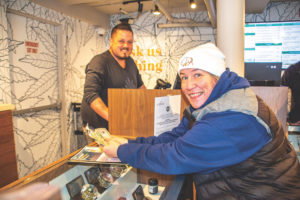
After months of riveting social media debates about oligarchs and the forthcoming invasion of “dumb stoners,” legal weed has arrived on Cape Cod. Curaleaf, Provincetown’s first recreational marijuana dispensary, opened at noon on a sunny Wednesday in January.
Anticipating lines, I wasn’t sure if my schedule would allow a stop, and then I thought to myself, “It’s the middle of the week in January, in P’town. I’ll just drive by.” In true off-season form, I expected to roll by the new dispensary 10 minutes before it opened and waltz in.
Turned out not to be such a crazy idea. There was a place to park, and there were more media, security, and staff than customers. Nonetheless, there was a line outside — no small feat on a Wednesday in January. It felt exciting. Off-season exciting.
I was genuinely thrilled to be there, happily showing my I.D. to every person who asked. All of them. Pro Tip #1: Keep your I.D. out. They are going to ask. A lot.
We were let inside in groups of seven, and they needed a solo person to round out the first group. Lucky me!
The big reveal was finally here. The space feels clean and minimalist. There are compact glass cases and digital menus offering a wide array of potent plant products. Overall, it screams “This is not your mama’s marijuana,” or your daddy’s dope, or your nana’s nuggets, or grampa’s ganja. This is the future of weed, dammit. It’s gonna be well lit and modern.
As someone who has been using cannabis for quite some time, I knew what I was there for. I cut through the paparazzi and made a beeline for the counter. Townie favorite Austin Tyler was there with a smile to guide me through the vast number of choices. Seeing local faces definitely made the experience fun and less annoying when I had to give him my I.D., again. In all seriousness, I’m glad the staffing happened in the middle of the winter, allowing our community the first shot at these jobs.
So, what do they have? There’s loose flower, both high- and low-dose edibles, and tinctures as well as powerful concentrates (aka “shatter”) for connoisseurs. If you are new to THC (tetrahydrocannabinol, the principal psychoactive ingredient in cannabis), save concentrates for when you have a little more experience. Just trust me on this. It’s the Scotch of weed. It is best enjoyed by a more refined reefer palate. Or in August. Or Fourth of July. OK, maybe Memorial Day Weekend would be a good time. But you get the point. It’s going to make you forget your problems, and possibly your name. Use wisely.
Pricewise, most of the stuff seemed reasonable, and I picked up some low-dose gummies and a pre-roll for about $50. Fair, especially for a Commercial Street location. No word on townie discounts yet, but Curaleaf is a $2.5-billion cannabis conglomerate, so I’m sure we can talk them into some kind of reward. Can we send Julie Knapp over to persuade them to start a “Townie Card” program?
I’ve been to dispensaries in a few other places. The main advantage to these shops is you don’t have to hang out and make small talk awkwardly like you did with your last weed dealer.
You will want to be armed with some basic vocabulary to use with the friendly staff. Go in there ready to ask for some sativa, some indica, and maybe a hybrid. Pro Tip #2: The general rule is indica = In Da Couch. Indica is the choice if you’re seeking that “stoned” feel. (Read: perfect for Family Week.)
Final thoughts: It’s fun to go into a cute store. It’s fun to not worry about going to jail for something that helps so many people (including me) feel better. I for one will be happy to see the green economy expand our seasonality a bit, bringing people here to have a cannabis vacation experience. I welcome the consumer benefits that competition will bring when the other shops start opening up.
Who knows, maybe the Provincetown Community Space will even be tolerable this February. I’m kidding, but the right joint can’t hurt.
Provincetown’s Kristen Becker created the End of the Earth Comedy Festival last October.
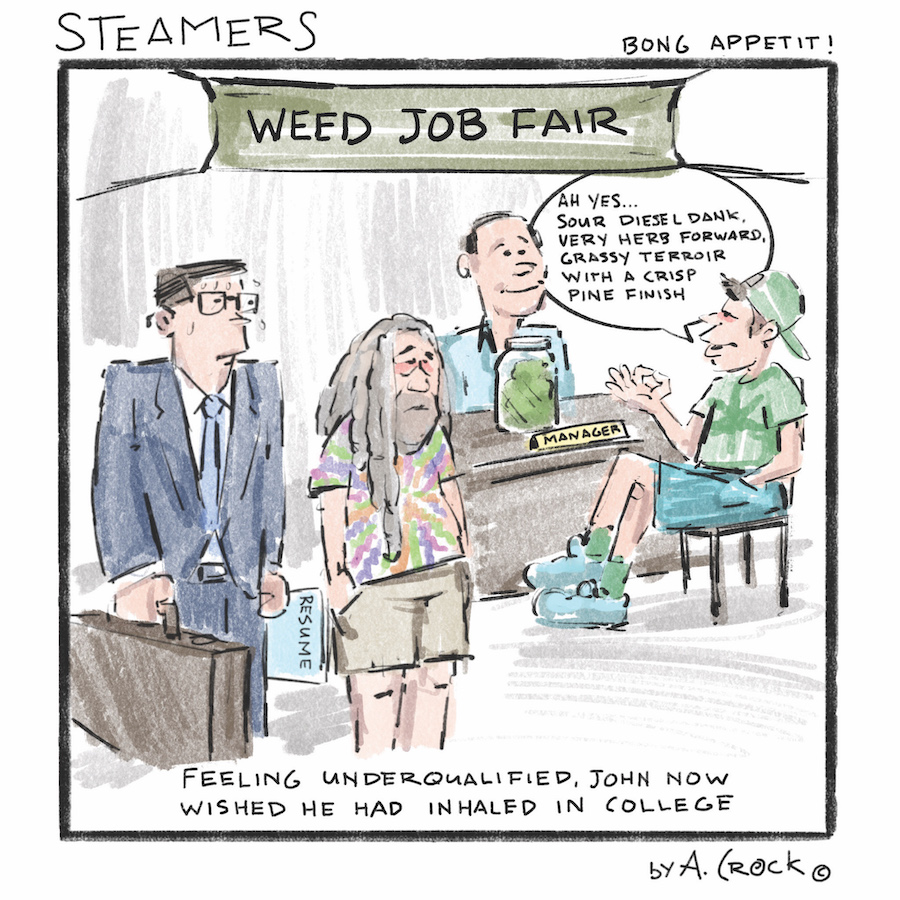
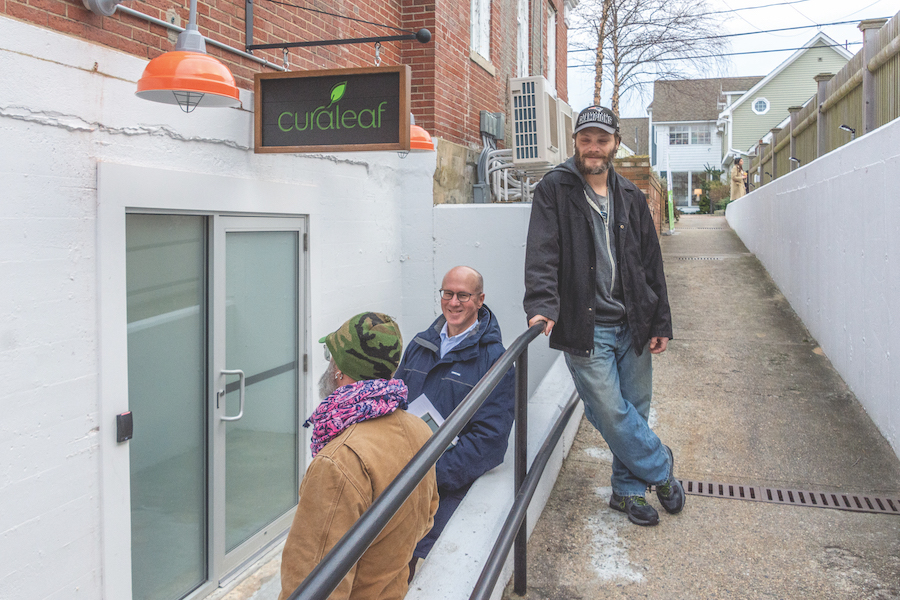
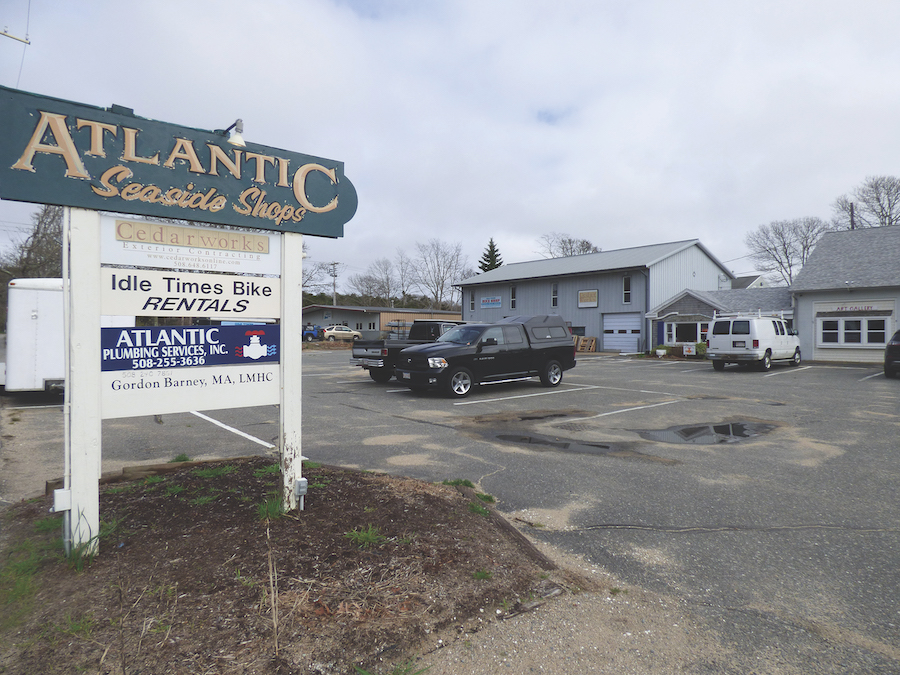
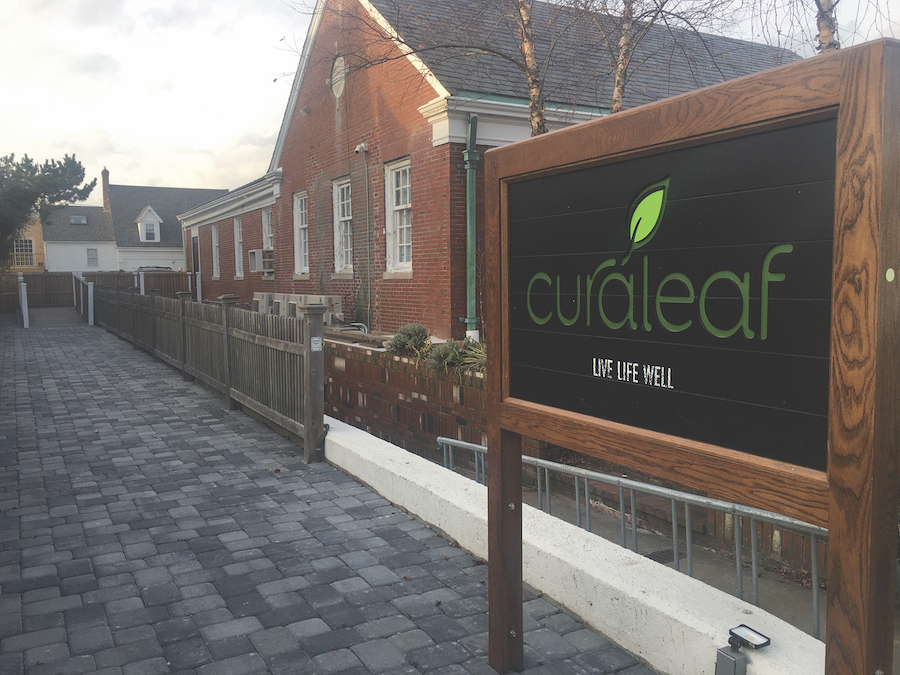
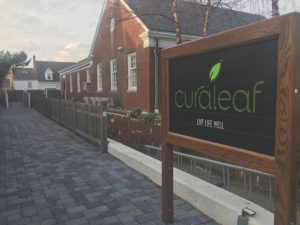


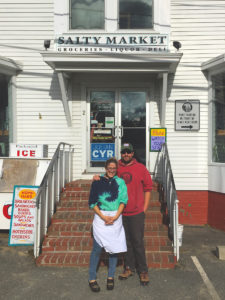

U.S. Attorney Andrew Lelling has questions for towns that have issued host community agreements to marijuana businesses.
Provincetown, Wellfleet, and Eastham town administrators all received subpoenas last month ordering them to produce documents, emails, and any other correspondence associated with the agreements.
They must appear at the John Joseph Moakley U.S. Courthouse to testify before a federal grand jury, according to the subpoena issued on Oct. 8 to Eastham Town Administrator Jacqueline Beebe. The notice commands her to be at the courthouse at 10 a.m. on Nov. 14.
Rae Ann Palmer, town manager in Truro, which has given a host agreement to a cannabis farming group, the High Dune Craft Cooperative, had not received one as of Tuesday, she said. But Wellfleet Town Administrator Dan Hoort and Provincetown Acting Town Manager David Gardner both have, they said.
No one knows why exactly. Katherine Laughman, who represents several towns including Eastham for KP Law, said she could not comment on the subpoenas because federal grand jury investigations are secret.
Lelling’s interest has something to do with the host community agreements, which are the critical first approvals marijuana businesses must get from towns before they can seek state licenses. In the case of medical marijuana dispensaries the agreements are called letters of non–opposition.
The subpoenas call for all written, electronic, or other records relating to any business that has applied for a marijuana (adult use or medical) license.
Officials must include “every iteration and draft version of the agreement,” the orders state. The U.S. attorney wants voicemail recordings and everything pertaining to public deliberations. And he has demanded all records that identify current or former town employees who have been hired by or received payment from a marijuana business applicant.
Gardner said he suspects the subpoenas have to do with the investigation and Sept. 6 arrest of Jasiel F. Correia II, the mayor of Fall River, whom the U.S. Dept. of Justice has charged with “extorting marijuana vendors for hundreds of thousands of dollars in bribes,” according to the U.S. attorney’s public announcement. Lelling’s office, which is prosecuting Correia, states that the bribes range from $100,000 to $250,000 in cash. In exchange Correia agreed to issue non-opposition letters and community host agreements to marijuana business owners, according to Lelling’s office.
Correia, 27, issued at least 14 non-opposition letters for marijuana businesses to operate in Fall River, including two for his current girlfriend’s brother. And when the Fall River City Council passed an ordinance to limit the number of marijuana licenses in the city to 20 percent of the number of off-premises liquor licenses or 11, whichever is greater, Correia vetoed the order, claiming that it would eliminate competition, Lelling’s announcement stated.
Attorney Michael Fee, a Truro resident who represented the High Dune Craft Cooperative in obtaining host community agreements from Truro and Wellfleet, said Gardner is probably correct. The host community agreements have been controversial from the start, he said.
“I can only speculate — I don’t know what Lelling is thinking,” Fee said. “But he’s probably thinking of the abuses unearthed by the Fall River mayor. These are egregious violations of the public trust.”
The host agreements give communities leverage over marijuana businesses. Towns are allowed by law to ask that up to three percent of sales revenue in the first five years be given to the towns as “community impact fees,” said Fee.
There is a clause in the law stating that community impact fees must correlate with the actual cost burden a new marijuana business places on police, fire, and other municipal services.
How do you judge such an impact with a completely new industry? Fee asked.
“My feeling is some cities and towns feel they can interpret this broadly,” Fee said. “So it’s an environment that’s ripe for unscrupulous public officials.”
Towns can also ask for other payments, as well as donations in kind, in the host agreements. These agreements are all public documents.
In Provincetown, for example — which has host agreements with seven pot purveyors — the community impact fee for all vendors is three percent of gross sales. Plus the cannabis vendors must give a discount to low-income medical marijuana card holders and donate 100 hours of community service activities. Each applicant also agreed to make an annual charitable contribution of up to one percent of gross revenues to a fund established to provide grants to social service agencies.
While host community agreements may have some controversial aspects that are open to interpretation, Fee thinks U.S. Attorney Lelling is looking for major corruption, such as what allegedly occurred in Fall River.
It’s highly unlikely Lelling will find anything like that on the Outer Cape, Fee said, adding that the agreements with Truro and Wellfleet on which he advised clients are completely appropriate.
In Provincetown, Gardner said the seven marijuana businesses that have host agreements are still waiting for final state approval. The furthest along, Curaleaf at 170 Commercial St., will probably open in January.
Wellfleet has five host community agreements for retail sales and one for cultivation, though none has final state approval.
Truro has signed only with the High Dune Craft Cooperative.
Eastham has two agreements, one for retail, one for both retail and cultivation.